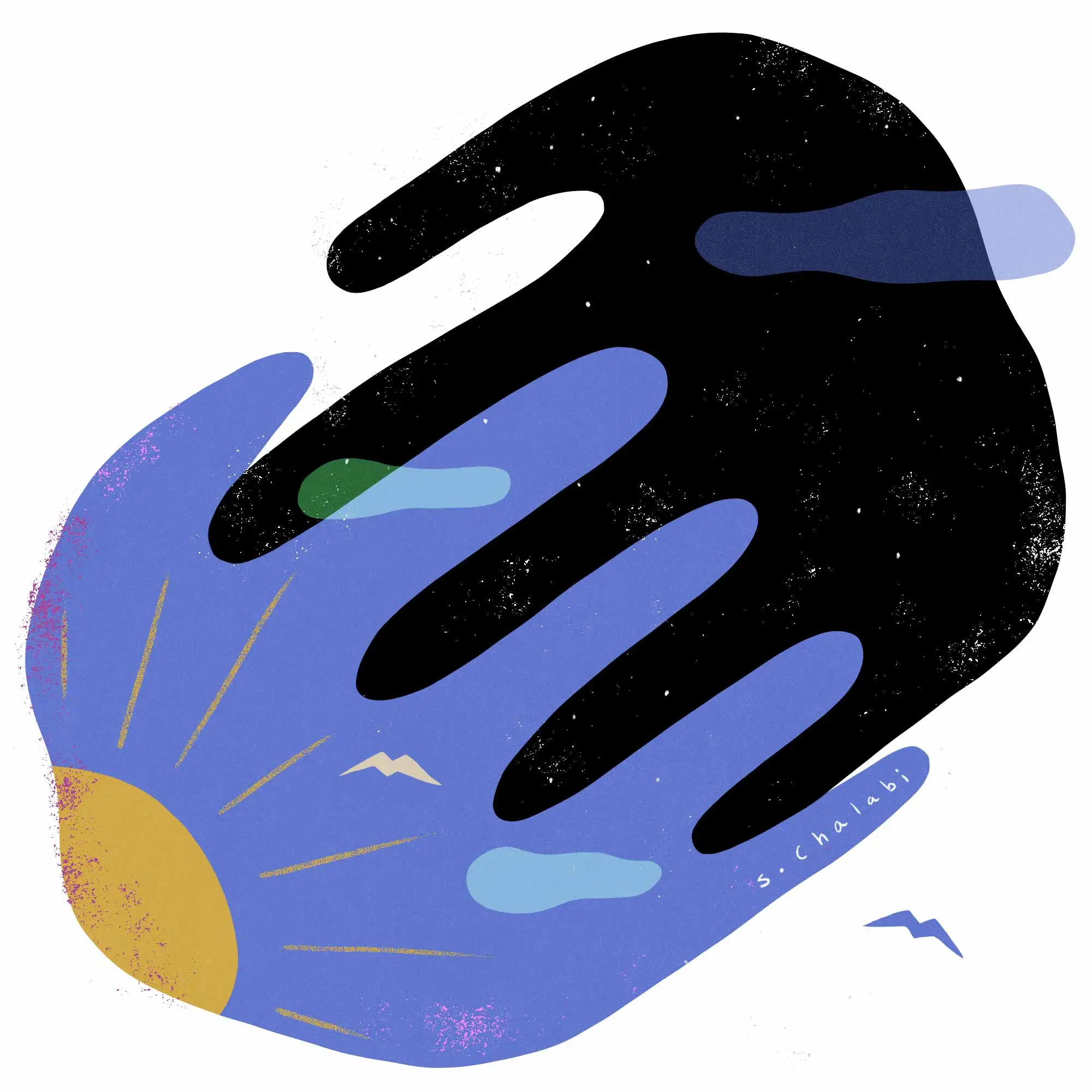Angie Kim on ownership as collective vision
 Sawsan Chalabi
Sawsan ChalabiAngie Kim is President and CEO of the Center for Cultural Innovation (CCI), a California-based knowledge and financial services incubator for artists.
In 2019, CCI launched a national effort called AmbitioUS to fund alternative, equitable support systems for artists and cultural communities to achieve financial freedom. We acknowledge that we are working within the problematic nonprofit system, but we are actively incubating what it will look like to invest in new systems created by and for those most dispossessed. Our goal is to help a diversity of artists—fine artists, culture bearers, creative entrepreneurs, designers, content producers, and arts workers—become financially free and influential in society. We realize what’s preventing artists from these outcomes are systemic problems. Hence, we use a systems approach to work in common cause with and for all those who share artists’ conditions: unpredictable income, low wages, little savings, high debt, and little credit to access capital.
Our north star for systems change is ownership. The combination of owning real assets and having governance authority shifts power. Making online creative content producers owners of their businesses–establishing what has become known as a platform cooperative–enables them to retain control of income-producing work and influence the trajectory of everyone’s digital future (an example is Crux, a cooperatively owned business for African American artists). And collectivizing individuals based on their shared conditions, such as education debt, gives them negotiating power (for instance Debt Collective’s work with student loan debtors). As these examples illustrate, there are many ways to secure ownership—title, controlling interests in businesses, collective action, and artistic assets and their distribution channels. We see a future of Black, indigenous, and Latinx physical and virtual Wall Streets, where investors divest from the Wall Street we now know to support their Main Streets.
Everyone has a part to play in enacting this vision. Funders can fund cultural communities to own property as well as ensure that community members have governance control. They can be early investors in community-owned businesses and financial institutions, which allows money to stay within communities and keep them insulated from uncertainties of non-local markets and global economies. Grantmakers can support culturally anchoring grantees to pay or buy out the mortgages of nonprofits and their workers or act as guarantors to renegotiate these debts. Nonprofit institutions that own property can collateralize this asset to help BIPOC arts and culture centers access loans at much more favorable terms than if they had applied alone: I’m looking at museums, artist residency centers, and colleges that have significant illiquid and underperforming assets. If institutions want to get real about solidarity, then putting up one’s assets is an example of what it looks like. Individuals can participate by donating to, buying from, and participating in collectivizing efforts.
Doing nothing about ownership is increasingly catastrophic. Imagine Oakland—the birthplace of the Black Panthers—without Black people. Their displacement as a result of gentrification would not just be a problem for Black Oaklanders, it would be a loss of cultural identity for all Americans. There is a struggle today in America about who gets to be called “American.” Will our collective cultural identity be one that is homogenous, as perpetuated by conventional institutions and their systems, or heterogeneous, as a nation of indigenous and immigrant diversity? If we want the latter, new systems must be encouraged to emerge that have fresh objectives, clarity on who they are for, and different ways of engaging that give people and their communities, not institutions and corporations, ownership power.

This essay is part of CREATIVE FUTURES, a series of provocations by thinkers across the arts, documentary, and journalism on how to reimagine their sectors.